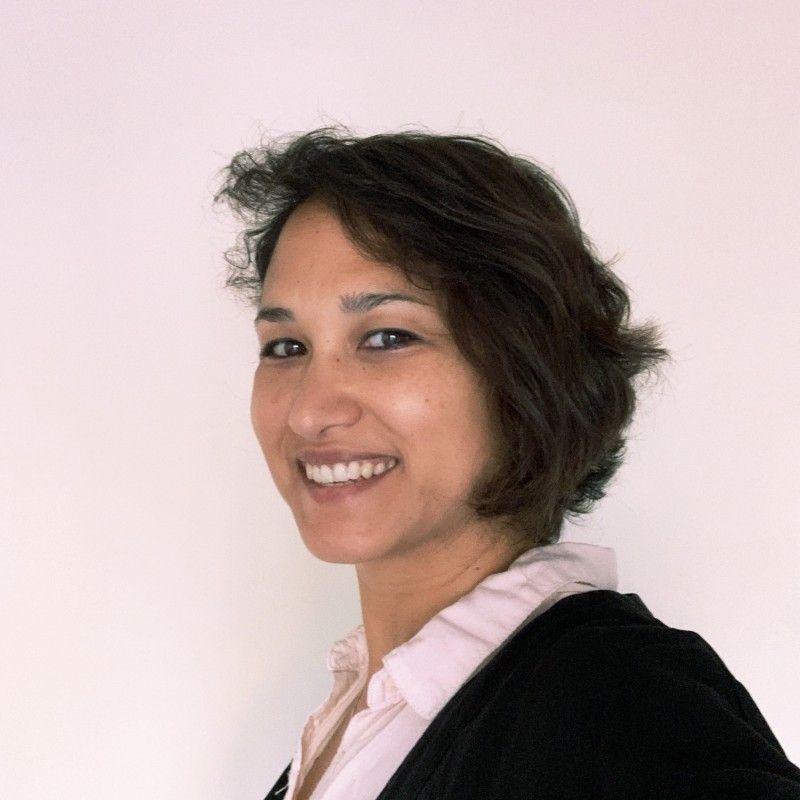Anybody escapes when experiencing physical and emotional changes when it approaches the end of the holidays and the consequent return to the routine.
It occurred us of boys, and to date of today can keep on being a moment complicated to manage when we know that with the routine returns overloads it of work and the stress. Although each person is a world and faces of distinct form this traffic, think that it is important to have some tips that explain how work and how can comprise and face up to the anxiety that can arise in these situations.
The syndrome postvacacional refersprecisely to the tendency to experience tiredness, unrest or anxiety to the reincorporarnos to the work after the holidays.
It is important descartar the idea that it was a state of permanent low spirit, since all have lived it many times previously and know that in some days finish it surpassing. Nevertheless, if we can save us the level of stress that this circumstance generates, will be good for our brain and for our general welfare.
The starting point are the holidays, in which the rhythms change and rest more, happensmore time in the open air, live new experiences in new surroundings, causing the activation of the cerebral regions associated with the learning and the memory, the creativity and the critical thought. All these factors give like result the growth of new cerebral cells, what contributes to postergar the neurodegeneración and the cognitive deterioration.
They are many the profits to be holidays. In fact, a new report reaffirms the need to ensure this stop with the end to improve the welfare, the exert and the retention especially of the leaders senior (more vulnerable in front of the stress).
The 82 % of the leaders senior respondents referred a clear exhaustion.
This report is the result of the investigation published by LifeWorks and Deloitte Canada in July of 2021 with more than 500 people participated in an on-line survey in April in France, Germany, Italy, Spain, Low Countries and Poland, that underlined the need that the organisations support of way proactiva to the senior leaders. The survey revealed that the 82 percent usually feels the mental exhaustion and/or physical indicativo of exhaustion and the 51 percent was contemplating go, jubilarse or change of place in his organisation or current place. In fact, a third said that his mental health was affecting negatively to his productivity, and 41% of the respondents considered in risk to finish suffering a disorder of mental health, like the anxiety and the depression diagnosed. A figure that hastriplicado if we compare it with the surveys that made in 2017-2019, before the pandemia.
According to the survey, that analysed the levels of stress, anxiety, depression and isolation, among others factors, the lowest punctuation of mental health foundin Poland (53,6), followed of Spain (57,1), France (57,4), Italy (58,4), Germany (62,3) and the Low Countries (67,9).
Make activities that are new and different to the usual that makeduring the year produces a change neurológico important that translates , among others profits, in an increase of the serotonin and dopamine, neurotransmisores cerebral that are fundamental in the good operation of our brain. The holidays also turn into an opportunity of personal growth, since they can be used to develop other areas of interest, expanding the possibilities to explore and work skills in sportive fields, artistic, relational, spiritual, etc.
Like this then , how guarantee a good traffic of a situation of welfare and expansion to one of reincorporación to the work that carries achieve the reunion with the stress and lower levels of dopamine?.
As diverse articles, the experts are now centring the new investigations in giving answer to if it is better to have some prolonged holidays or if it results more beneficial to make them in short and staggered periods. In what there are not doubts is that we need to take letters in the subject and manage of the best possible form the return to our routine.

We have done a selection of 7 councils that basein the neuroscience and that, far of redundar in things that already are vox populis, give us two big professional connoisseurs of the operation of the brain. We are speaking of Wendy Suzuki, neurocientífica and professor of the Centre of Neural Sciences of the University of New York, researcher and author of the book "Good Anxiety: Harnessing the Power of the Most Misunderstood Emotion", and of Miquel Nadal Watches, expert in neuroproductividad, help to companies and CEOs that lead the science and the innovation to improve the performance of his teams with the Neuroproductividad (Time Management + Neuroscience + Work Psychology).
- It converts the anxiety in progress. As it is used tosay, have the option to see the full half glass or are able to see the positive of a situation that, a priori, does not seem too good. The same occurs with emotions like the sadness, the fear, the ire or the frustration. There where see blockade, failure, desánimo or obstacles, can have the opportunity to work the attention, the reflection, the transformation or the innovation.
- It tests something new that encourage you and that it was simple. The key is in making gradual changes that excite us and that, at the end, do us connect with effectiveness and the welfare. Ship in big crusades to the turn of the holidays can be synonymous of failure, therefore it avoids to purchase a new habit so alone return of your holidays.
- Communicate you with other people. Interactúa And shares with your personal and professional surroundings, always from the positivism and the good attitude.
- It practises the car-tuit positive and want to you. Devote you positive messages and do that your reincorporación was the softest possible. To practical effects, avoids the brusque changes to the hour to raise you and drinks more water of the usual the two first days (according to Nadal, one of the things that more notices your brain is the overheating, that is to say, the loss of focus like answer to the absence of glucose, oxygen and hydratation. Drink water increases your creativity, and besides has the virtue to improve your capacity of attention).
- Submerge you in the nature and leaves that the sun nourish you short periods of time along the day. If we leave that it follow us giving the sun the first workdays will notice remarkable changes in our vitality (the fault of concentration is one of the first consequences of not consuming sufficient Vitamin D).
- It clears your folder of entrance and distinguishes with clarity the posts that have received during your absence veraniega. It attacks the first day the most urgent posts and of the emails that do not require action or that simply are trivialities, erase them ipso facto without miramientos. And it remembers relativizar the urgencies of the posts and group all the similar tasks that can.
- Fulmina The tasks that carry more than 2 months incubando, since as it indicates Nadal "if during 2 months have not found a moment to do it… why would have to find it now that just finish me to go in new projects for this new season?".
And of course, another council is re-connect with our purpose.
The founder of the 'startup' of welfare for Emotional companies, the psychologist Pedro J.Espinosa , recommends "to find the reason last of why do what do". Of this speaks in an article on which speaksof the "psychological welfare for emprendedores: keys to recover the mental health in holidays". All have to turn us into leaders of our lives, skillful in the enjoy of the moment, in taking us the life calmly, and in finding the balance between the professional career and the rest.
Finally, Josep Calbet, coach executive and personal, Máster in psicobiología and neuroscience and founder of NeuroQuotient invites us to know the cerebral processes to minimise the intensity and the length of the syndrome post holidays. The key is in being conscious of where put the attention of our thought.
With our thoughts are able to connect with distinct registers límbicos emotional that mark our state of spirit. With the imagination and the memory can influence in the state of spirit, and vice versa!. The state of spirit in that we are improves the imagination and memory of the 'same tone', creating a circle virtuoso of positive spirit.
When these loops of emotion and negative thought are persistent in the time, then if we can speak of depression and no, precisely, of syndrome post holidays.
Calbet Facilitates us 7 councils more:
- The last days on holiday, centre you in the present and remembers that it does not serve of a lot of concern and begin to think negatively in the future. We can set up the fear.
- You do not explain the days that are missing to go back to the work because will be putting the attention in the future. Not leaving interval between holidays and the work can help us.
- It avoids desconectarte of the present. Wait to look videos and photographies because they will carry you to the past.
- In the surroundings of work, forbidden ask (further of the remain well) by the holidays.
- It returns to half gas.
- Keep the positive thought. Calbet Poses you take advantage of some concrete memory of the holidays like positive emotional fuel.
- And finally, you do not forget to cultivate the good humour and laugh often. The contrary (sadness) will not help you to that your reéntre was better.
In definite, the attitude is it everything. Keep the focus of your thought and more okay give small steps that giant strides that will plant you in the sight of the tension and the stress. And alert if the rhythm along the year is of chronic stress, because then they can give the necessary budgets to develop behaviours depresivos, what would involve a distinct boarding.

